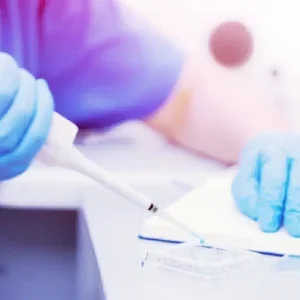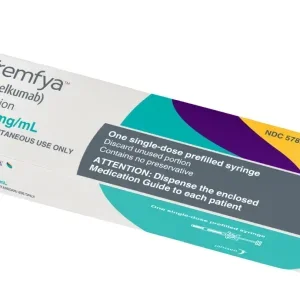Pharmaceutical major Merck has prevailed in a patent infringement suit against US-based Viatris related to sitagliptin at the US District Court for the Northern District of West Virginia.
According to Merck, Sitagliptin is an active ingredient in JANUVIA, JANUMET, and JANUMET XR.
The US District Court found both the Merck’s patents regarding sitagliptin were valid and infringed, and its ruling is subject to appeal.
The first patent involved in the lawsuit is US Patent No. 7,326,708, which covers the dihydrogen phosphate salt of sitagliptin. It will expire on 24 November 2026, with the exclusivity of paediatric lasting until 24 May 2027.
The second patent is US Patent No. 8,414,921, relates to the co-formulation of sitagliptin and metformin contained in JANUMET. It is due to expire on 21 January 2029, with paediatric exclusivity remaining in effect until 21 July 2029.
Viatris claimed non-infringement and/or invalidity for the two patents for which Merck had brought infringement lawsuits against it.
To sell generic versions of JANUVIA and JANUMET in the US, Viatris is requesting permission from the US Food and Drug Administration (FDA).
In an Inter Parties Review before the US Patent Office, the company had previously challenged the salt patent’s validity.
The Patent Office ruled in Merck’s favour in May 2021, finding all contested claims to be legitimate. The Court of Appeals for the Federal Circuit is now hearing an appeal by Viatris against that judgement.
Additionally, Merck has signed patent litigation settlement agreements with various generic firms. These will enable the firms to launch their own generic versions of JANUVIA and JANUMET in the US market in May 2026 or earlier under some circumstances.
The generic versions of JANUMET XR could be launched in July 2026 or prior to that under certain circumstances, said Merck.






